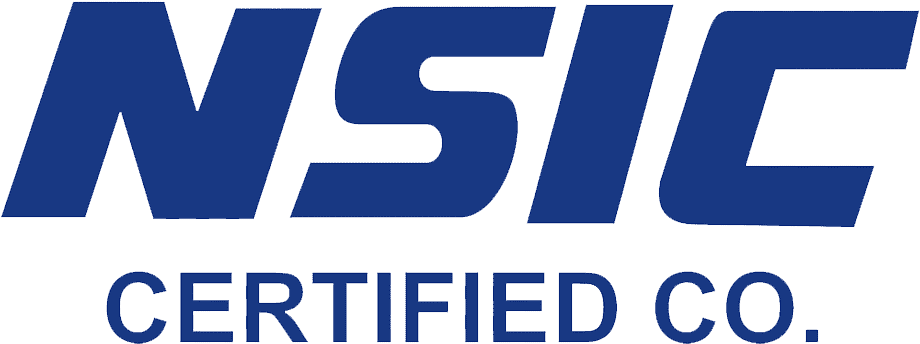Physics Practicals Class 11
Surface Tension – Capillary Rise Method
- Teach science experiments in a gamified way
- Boost conceptual clarity and knowledge retention
- Aligned with National Education Policy 2020
- Helpful in getting NAAC accreditation
- CBSE, ICSE, and state boards aligned curricula
- Engaging simulations with easy-to-teach instructions
About Simulation
- With the simulation, you will be able to comprehend surface tension and the fundamentals of it, gaining a deeper understanding of this crucial concept.
- Through this experiment, you will understand the phenomenon of friction, as well as its role and applications in everyday life and space science, broadening your knowledge base significantly.
- Understand surface tension and the methodologies used to measure it, empowering you with practical skills and knowledge.
- Study the applications of surface tension, providing you with insights into its real-world significance and potential uses.

- Relate surface tension and capillarity, expanding your understanding of related concepts and their interconnectedness.
Simulation Details




Description
Surface tension
Surface tension is the tendency of the liquid to occupy the smallest surface area possible. It’s caused by the intermolecular force of liquid.
The properties of surface tension are relevant to the following example; surface tension allows some insects to run across the water’s surface and some higher-density objects like needles to float on the water’s surface without becoming submerged.

Capillary rise in liquid method
When the one end of the capillary tube dipped in the liquid, the level of liquid in the capillary tube rises, the weight of the column of the liquid of density ρ below the meniscus, is supported by the upward force of surface tension acting around the circumference of the points of contact.

Therefore,

The angle of contact (θ) between water and glass is too small i.e., zero, so cosθ=1

Requirements for this Science Experiment
- Beaker with water
- Microscope
- Retort stand
- Wooden stand
- Thermometer
- Thin needle
- Cork piece
- Capillary tube
Why Choose SimuLab for Science Practicals?

Try SimuLab
A 3D virtual science lab (physics lab, chemistry lab, and biology lab) that helps students learn science experiments easily.



